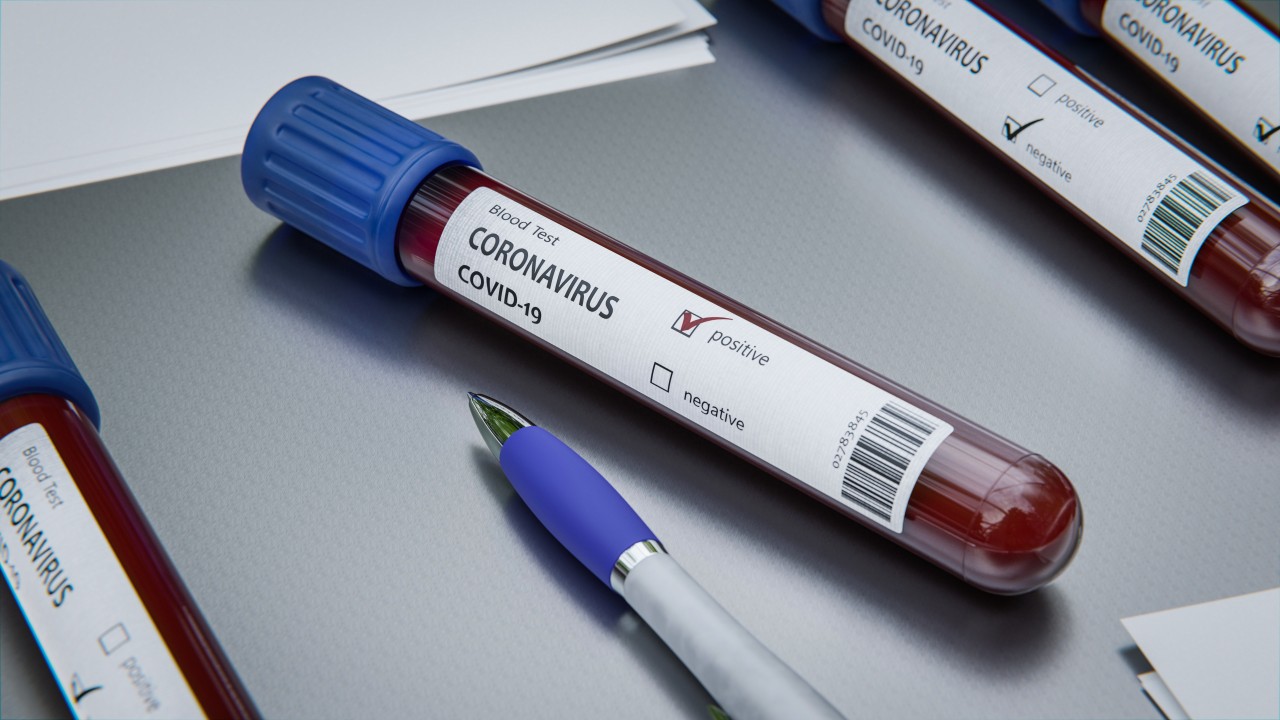I live in New York City and work in public health communications. So naturally I’ve had lots of conversations with friends, family, and colleagues about the pros and cons of the COVID-19 antibody test. As the test becomes more widely available, you may be asking yourself: Should I get one?
Ultimately, I got tested. But not for the reasons you might expect. Here are the factors I considered:
The pros
- You’ll satisfy your curiosity. Maybe you had a fever or dry cough last month. Or you spent time with a friend who ended up testing positive. But while testing capacity was limited, you were told that, absent severe symptoms, the best option was to stay home. Many of us have spent many hours pondering (and Googling) whether we had the virus at some point. The antibody test is a slight upgrade from Dr. Google.
- You’ll contribute to scientific research. A positive antibody test is a far cry from guaranteed immunity. Researchers still don’t know how strong the antibodies are in protecting people from the virus, or how long they last. This uncertainty raises the obvious question: why bother taking the test at all? Well, right now at least, the Covid-19 antibody test is more about population health than individual health. Labs in the U.S. must report all positive Covid-19 antibody results to appropriate public health authorities, so researchers can better understand how the virus spreads. For example, do one in five New Yorkers really have the antibody? How does that compare with other areas of the country? And do antibody patterns vary in different age groups and ethnicities? Widespread testing for both the virus and antibodies could one day resolve these questions.
- You could help develop a treatment. Researchers are also using antibodies to develop novel Covid-19 therapies. Synthetic antibodies are being investigated for their abilities to provide short-term protection from the virus and to treat those who have become ill. But before scientists can replicate the body’s immune system, they have to fully understand the numerous ways that different people respond to the virus. If you test positive for antibodies, you could be able to participate in a variety of plasma donation programs and trials.
The cons
- You may feel a sense of false certainty. Given how little we know about Covid-19 antibodies, the World Health Organization cautioned last month that there is “no evidence that people who have recovered from Covid-19 and have antibodies are protected from a second infection.” The truth is: we may never know exactly how much protection a coronavirus antibody confers. Tempting as it is, a positive test today is certainly no justification for changing anyone’s behavior.
- You might get a bewildering result. The antibody test widely used in NYC has been shown “highly likely” to give a correct result. That said, it gives positive, negative, and “equivocal” results, which basically means you need to get retested. Personally, I know people who tested positive for antibodies while their partner tested negative. This (admittedly rare) scenario can create more confusion than anything else.
- You may get exposed to Covid-19 at your testing site. Yup, this was my biggest concern. Currently, FDA-approved antibody tests must be performed in a professional healthcare setting. Healthy people are understandably reluctant to enter a facility visited by people who may be feeling sick. But I will say, that (as far as I could tell) the NYC urgent care facility where I did my test was filled with healthy-looking people who all seemed to be getting antibody tests. And, of course, wearing the right protective gear to get your test can also ease your mind.
Truthfully, I first wanted the antibody test out of self-interest. After seeing that the test result couldn’t change my circumstances, I went for it anyway. Why? Because I realized that the test wasn’t really about me at all.
Coronavirus has put in sharp (sometimes frightening) relief just how deeply our actions are connected. Every social interaction—no matter how small or infrequent—is now subject to an exhaustive risk analysis. I hope that over time scientists will learn more about what having antibodies means—perhaps for me, but more importantly, for me and everyone else around me.


